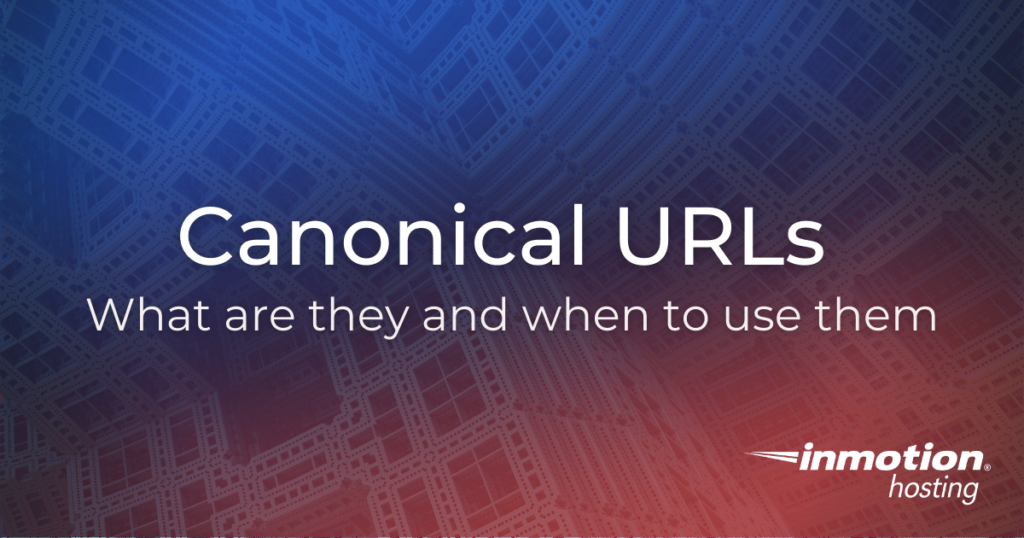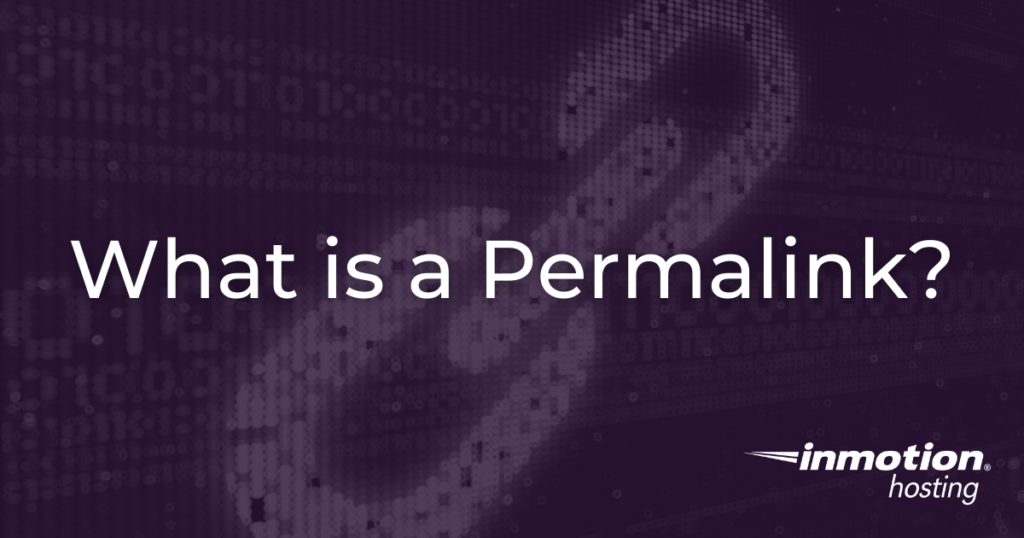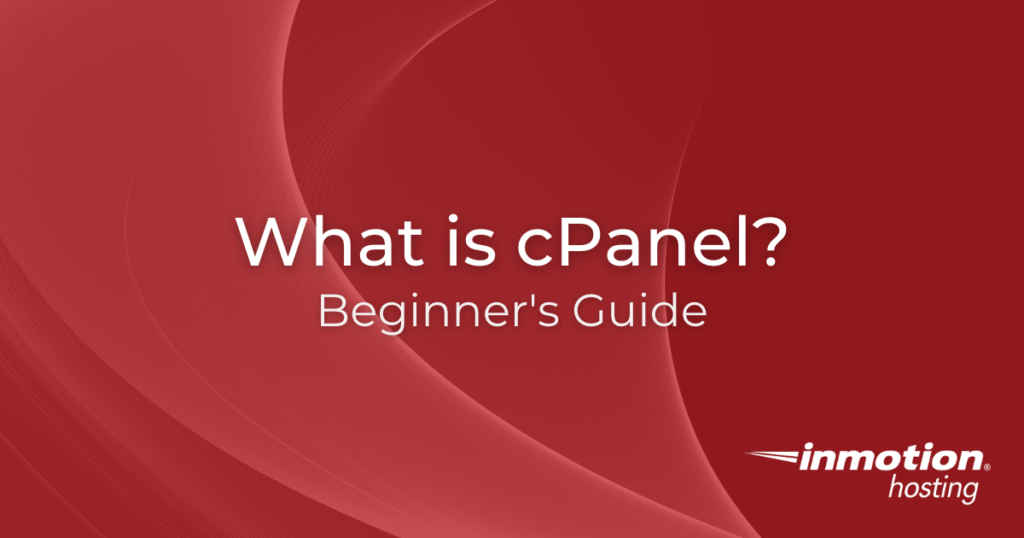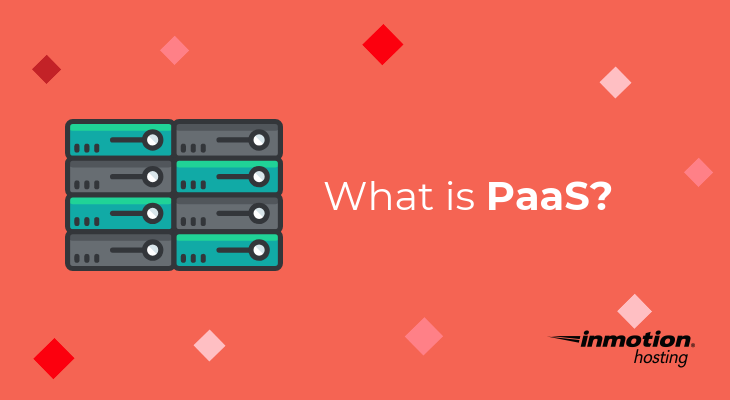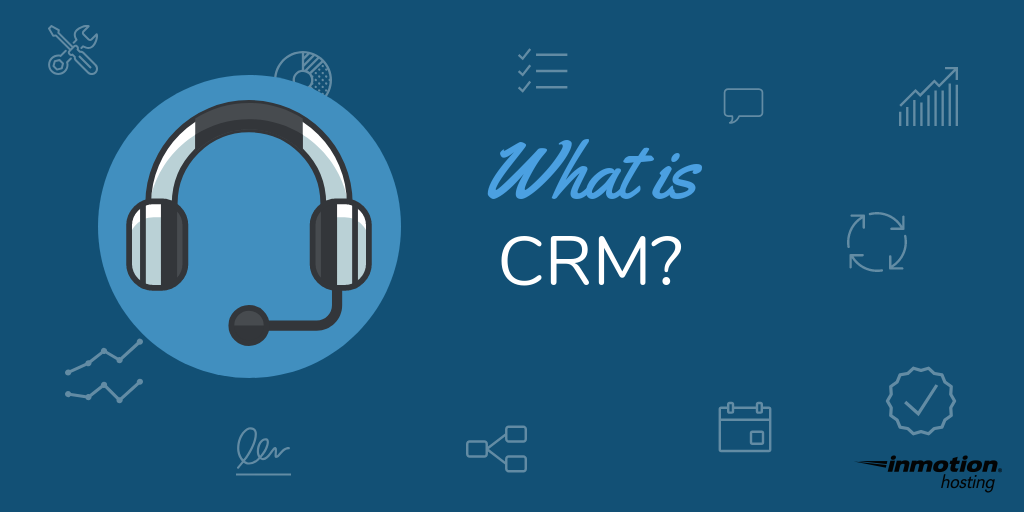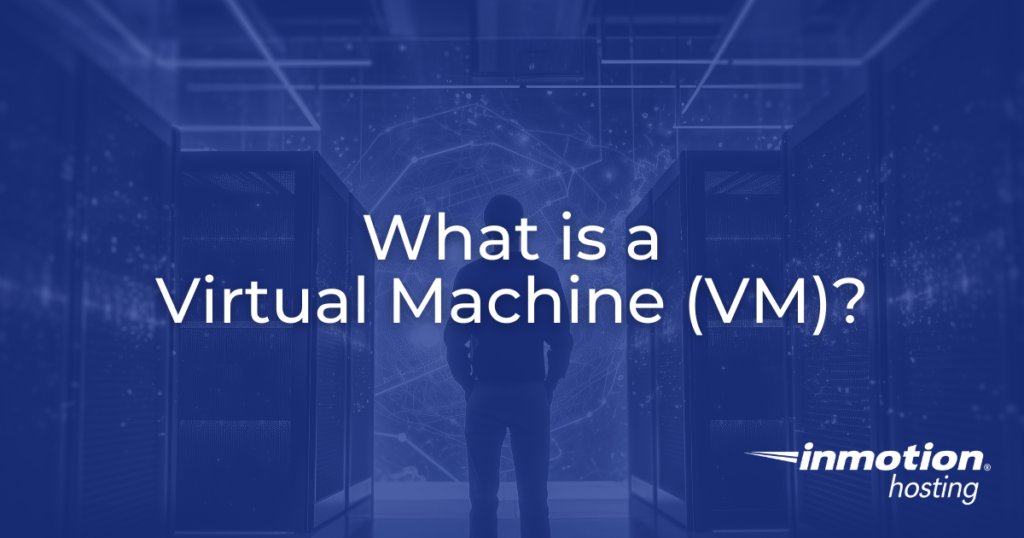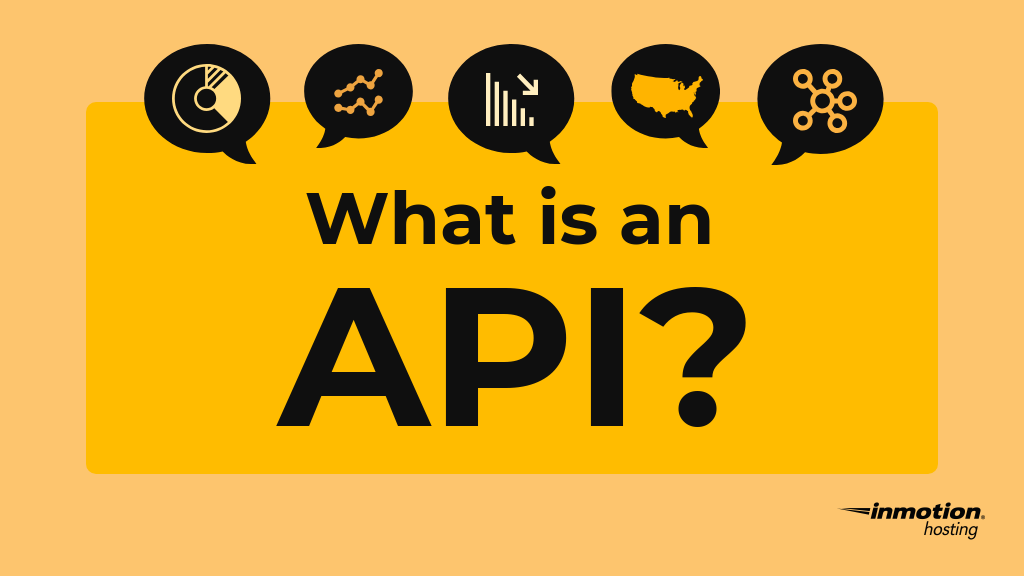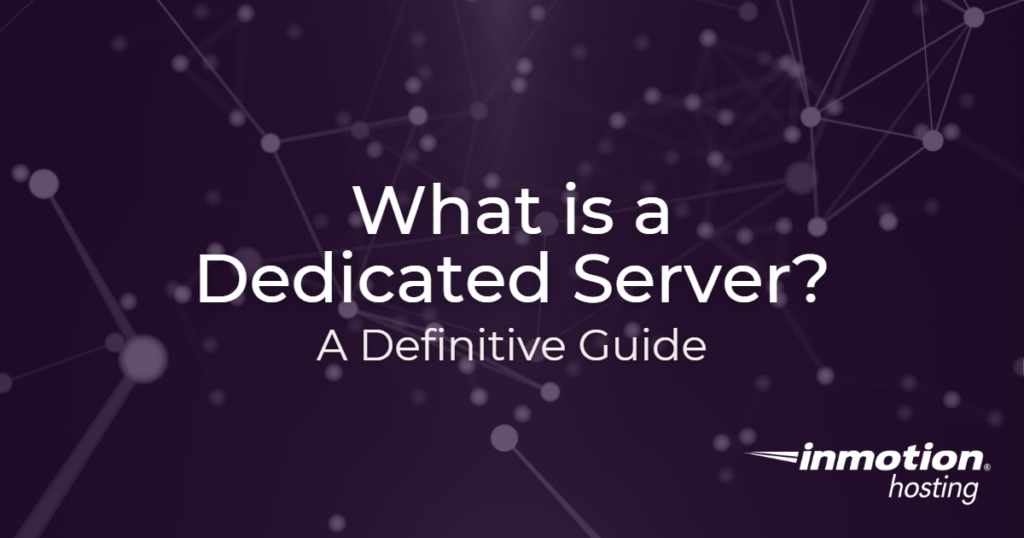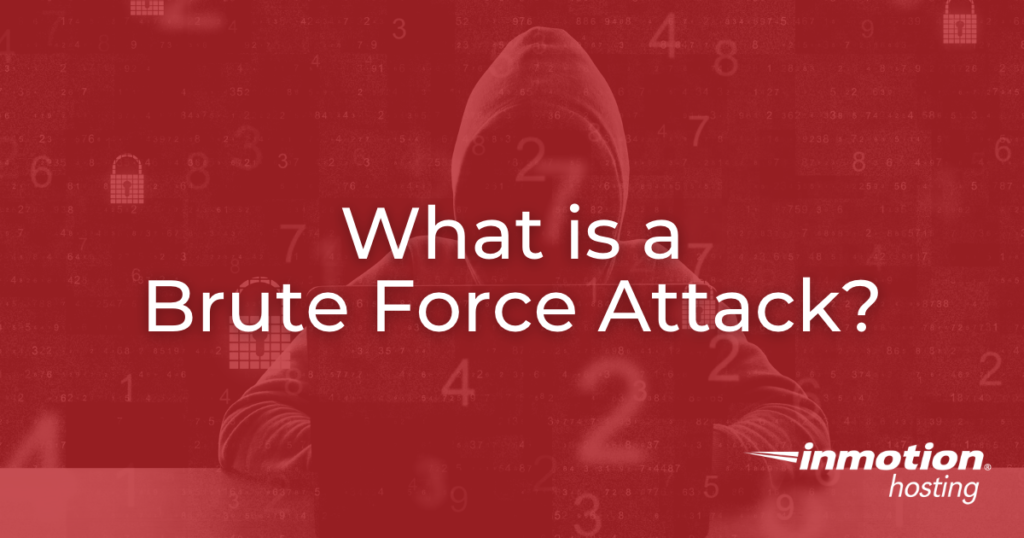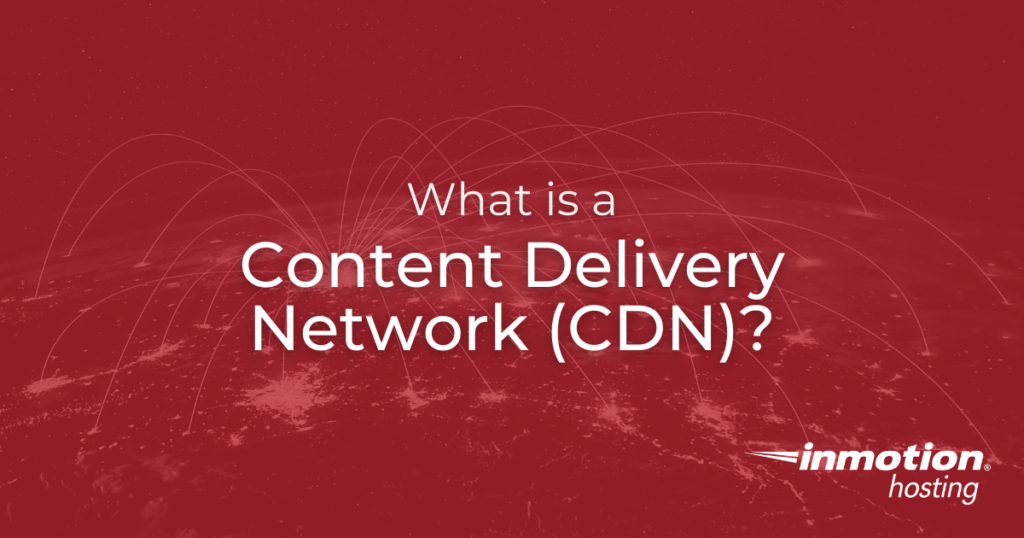
A Content Delivery Network (CDN) is something of a ‘cure-all’ for solving various issues on your website. CDNs are said to improve everything from site speed and security to account bandwidth usage. How is it that one upgrade can affect so much of a site’s performance? It all comes down to what CDNs actually do: get your site’s static content physically closer to your site’s visitors by distributing that content to other servers.
Continue reading –>
